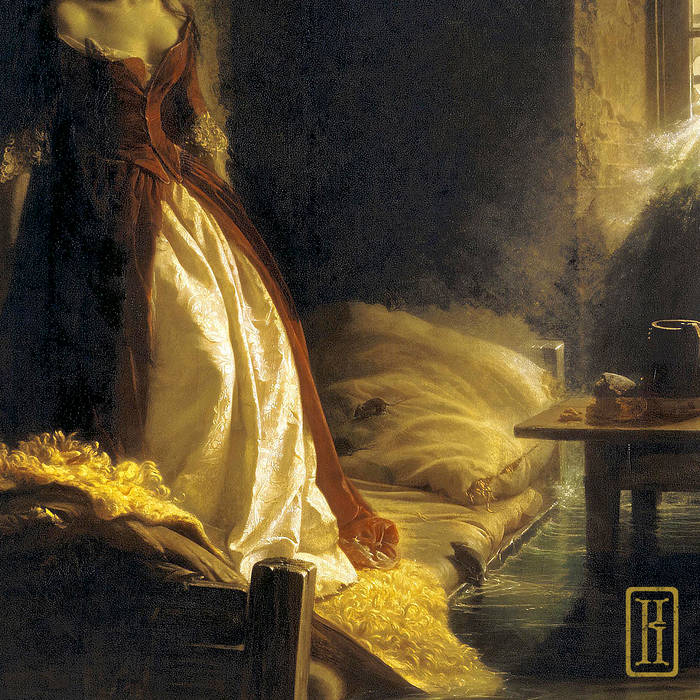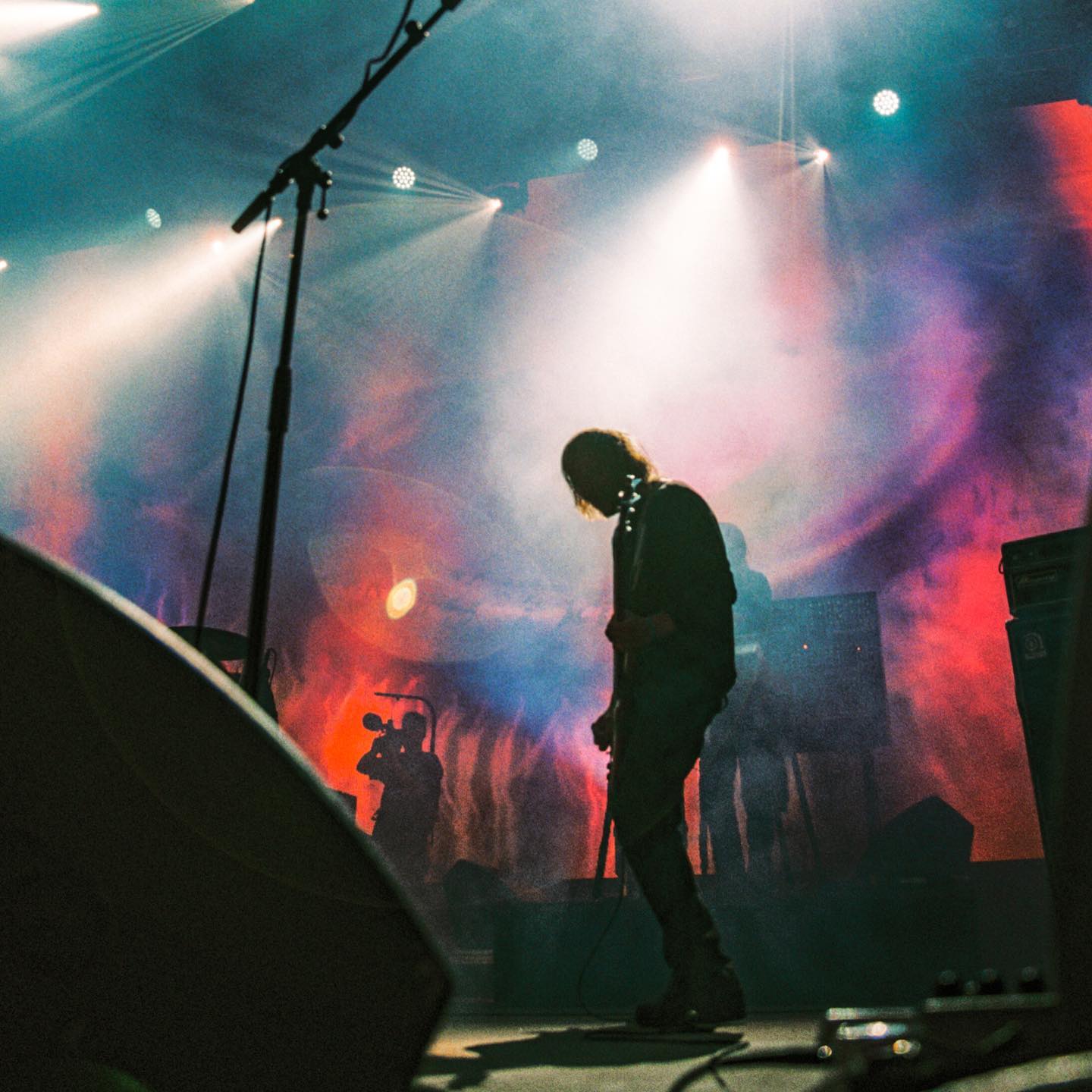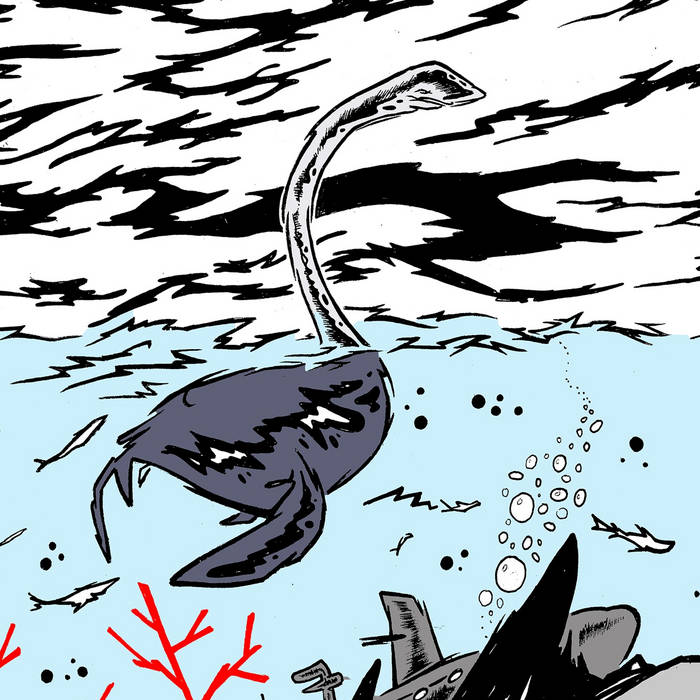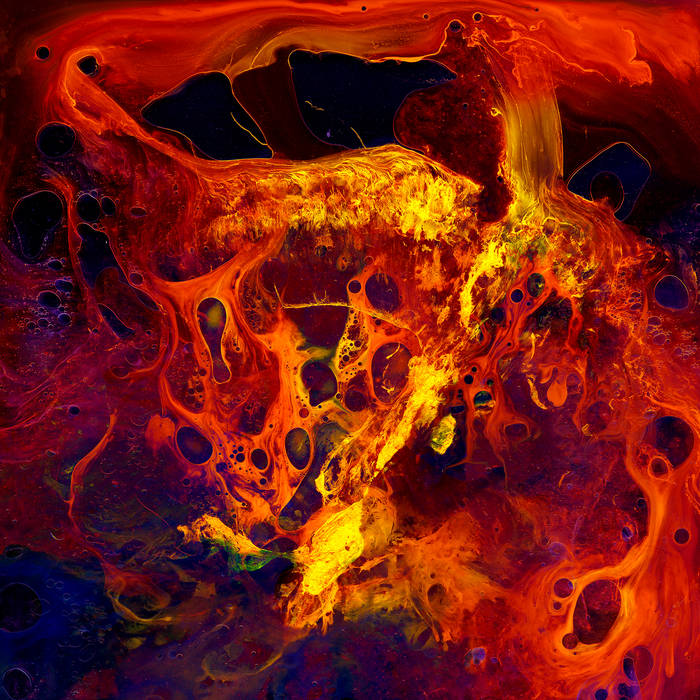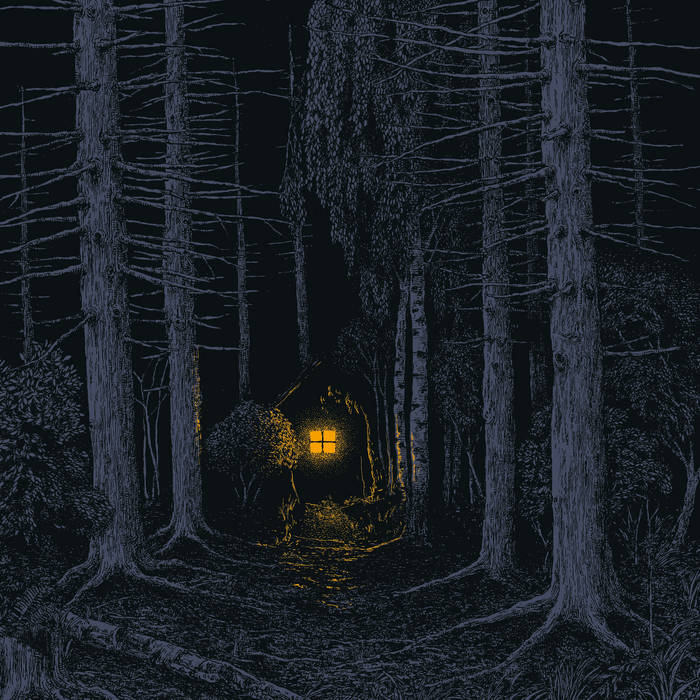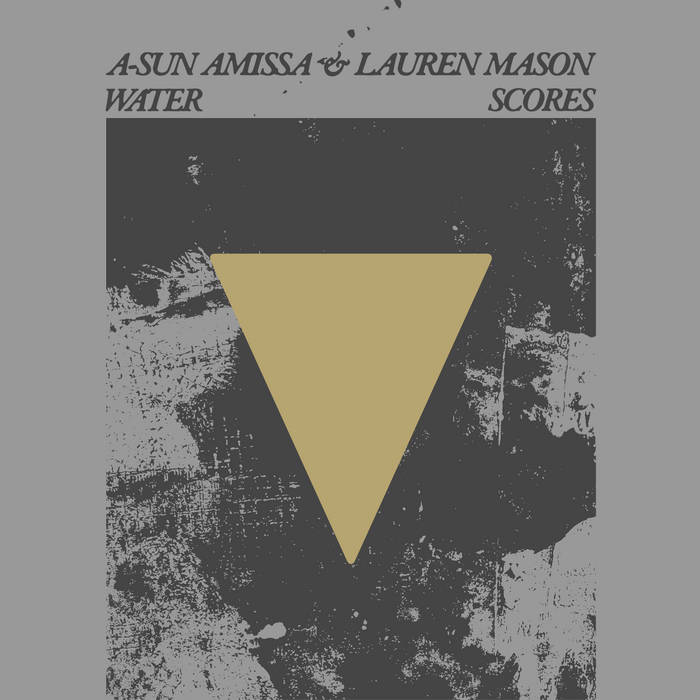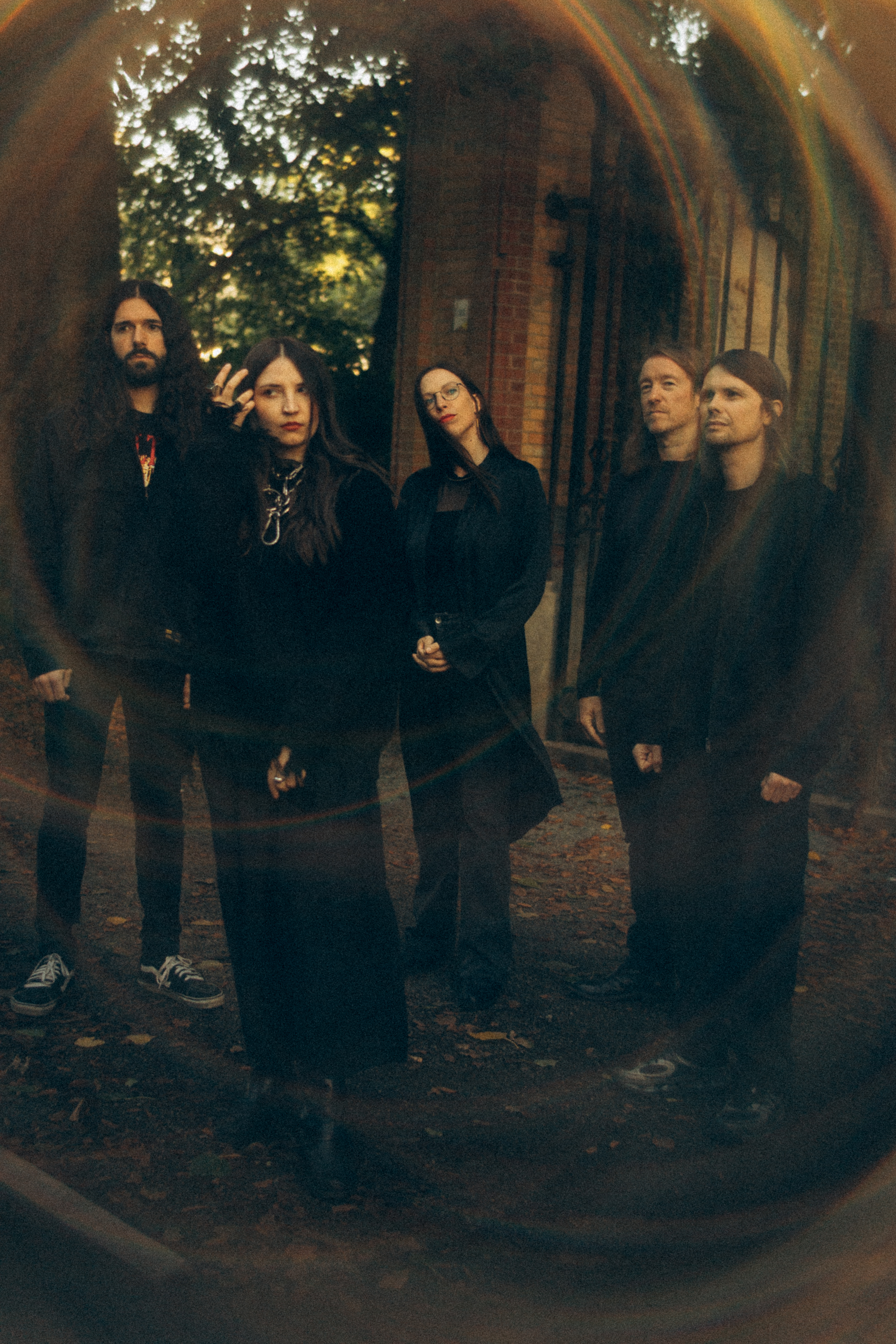Really pushing the boundaries and limits of anonymity, Koldovstvo released a really mesmerizing record in the vein of Lifelover and Kall, Bethlehem and Mosaic. I never understood why Black Metal is necessarily always associated with bleakness….
There is nothing to know about Koldovstvo – there are no profile pictures online and the name itself means “Witchcraft” in Russian (with the original Cyrillic spelling колдовство). Maybe one needs some kind of witchcraft to be able to complete not be on social media as a band and still be successful. It even remains unclear if the band really is from Russia or if Russian is the native tongue, even though there is another hint that shall be uncovered a bit later.
Not even the song titles (the six songs are simply numbered with Roman numerals) tell us where the band comes from. Only the use of some acoustic guitars, which might even be a Russian Balalaika when you compare the slightly metallic edge of the notes that is kinda characteristic for this classical Russian guitar. Or the usage of Russian languages samples and whispered Russian-speaking female vocals – of course, the title of the record (Ni Tsarya, Ni Boga - “neither Czar nor God”) is Russian and the name of the band are Russian but they might be ex-pats making Russian-style Black Metal somewhere else.
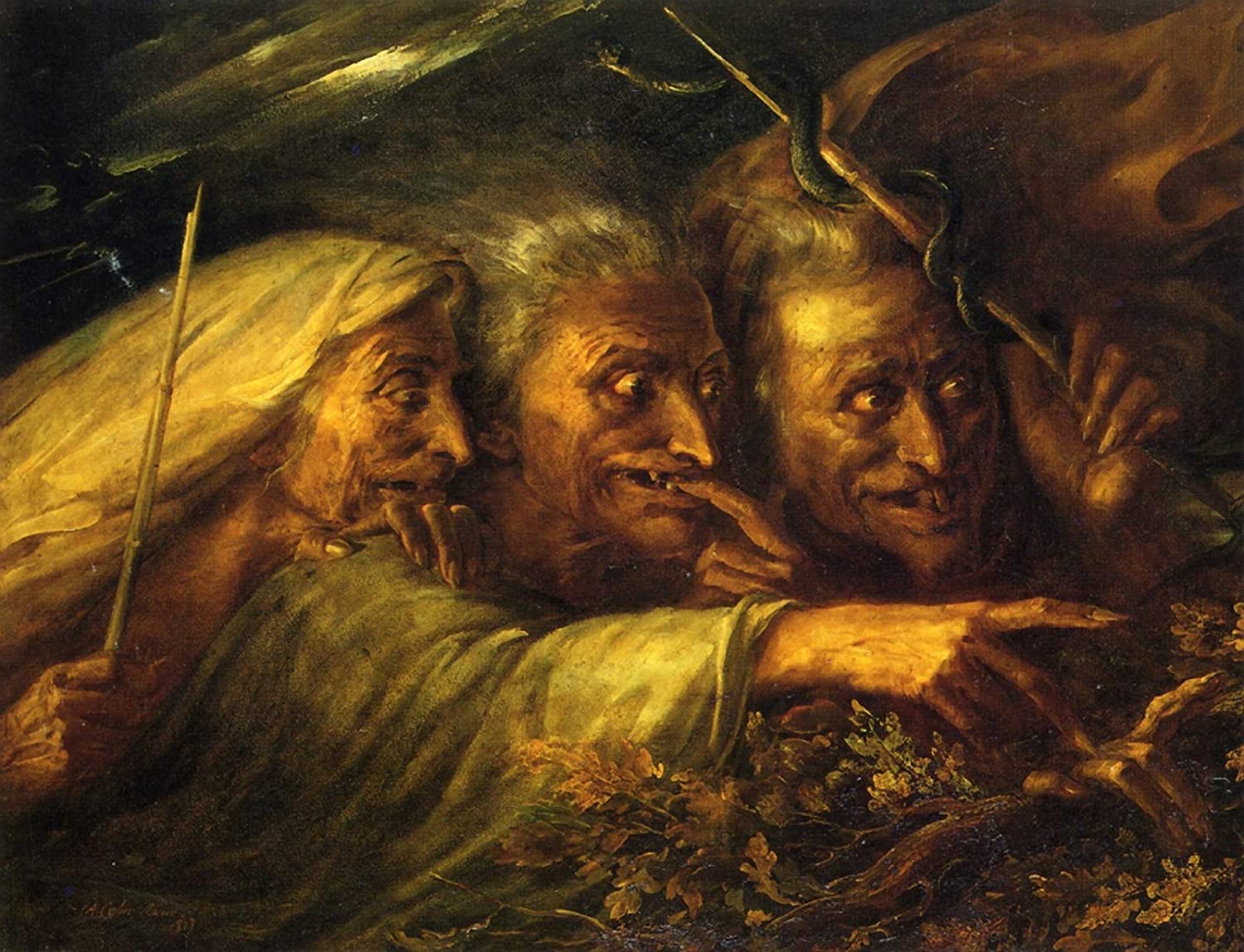
There must be witchcraft involved when a band that obviously is so heavily steeped in Black Metal, depression and more unusual things releases a record that is not drenched in sorrow, despair and utter tonal catastrophe. Yet, that is also the case with a lot of bands that are labeled DSBM (Depressive Suicidal Black Metal) – the notion of deep melancholy and sadness can somehow lead to a sound that is somewhat “rainy” (compare the guitar work with the riffs reverberating from the sky like raindrops). The vocals are mere howls – and here my first association comes full circle. I thought of Macbeth and the Three Witches. When he meets them for the second time, in a cave and they have to convince him of his purpose and goal in life, they are screaming in a lot of versions (on stage and on the small and big screens) – and this thin screaming, high-pitched as if the demon is giving away his final breath, often instills a kind of hope. Maybe in the sense that “hey, there is still someone who feels worse than I do or who is as despaired as I am.” Partners in crime and mind so to speak. I saw the three witches dancing around the unsure Macbeth and gave him support so that he came out more alive and vibrant than when he entered.
Musically, one cannot but notice the perfect balance between calm and thunder on this record. The songs are embellished by brilliantly performed acoustic guitar pickings. The drums are exactly what they are supposed to be for this genre – either slow and melancholic or tumbling and abrasive. The synth passages are really warm and welcoming. The vocals are either witches’ screams (which give one the chills and simultaneously lift one up) or melancholic, near-seductive whispers or wonderful group chants that hint at some kind of monastery somewhere on a lonely island in the middle of a gigantic lake. This record is surely a group effort, and man it is a massive one.
6 songs and 30 minutes with some mesmerizing DSBM that definitely once again show why this genre can be taken and interpreted very, very differently by different people. Some people will not be able to look and listen beyond the curtain of rain and blood over their heads, while others will surely give this record a lot of spins. The witchcraft and attraction of Koldovstvo and Ni Tsarya Ni Boga unbroken, no matter how long ago it was released; maybe it is even magnified a bit by each spin you give it.

